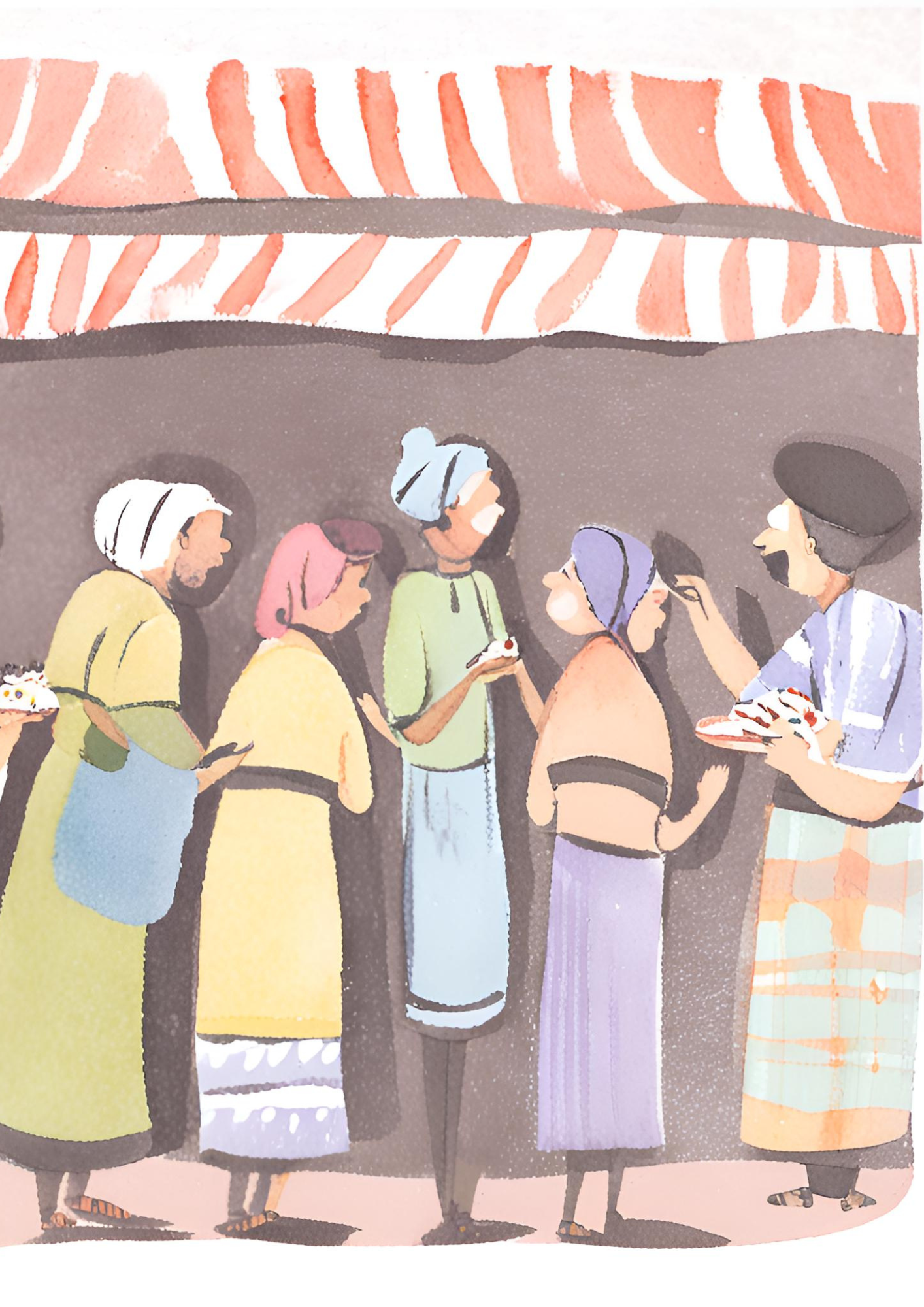Main Article Content
Abstract
Introduction
The Direct Cash Assistance (BLT) program is a vital government project designed to mitigate poverty and enhance the well-being of low-income households in Indonesia. The BLT program has been launched in Rawa Bening Village, Bandar Subdistrict, Simalungun Regency to offer prompt financial assistance to communities that are at risk.
Objectives
The objective of this study is to assess the efficacy of the BLT program in Rawa Bening Village by analyzing important factors such as comprehension of the program, precise targeting, promptness, achievement of objectives, and tangible outcomes. Furthermore, it examines the utilization of Islamic economic ideas in the execution of the program.
Method
The research employed a qualitative descriptive approach, which entailed conducting interviews with village officials and aid beneficiaries, as well as making observations and documenting the findings. The data analysis adhered to the methodologies provided by Miles and Huberman, which involved the processes of data reduction, data presentation, and drawing conclusions. The program's success was assessed utilizing the Reference Ratio provided by the Research and Development Agency of the Ministry of Home Affairs.
Results
The analysis revealed that the BLT program had a quite effective impact on the living conditions of 78.4% of the residents in Rawa Bening Village. Although the program had a high level of efficiency in terms of being timely and accurately addressing its objectives, it only achieved modest success in terms of program comprehension and producing tangible results.
Implications
The results emphasize the capacity of direct financial support programs to offer immediate relief and contribute to long-term socio-economic progress. The study emphasizes the significance of improving communication tactics and integrating ongoing feedback systems for policymakers. The utilization of Islamic economic principles, including justice, honesty, welfare, and responsibility, offers a sturdy framework for assessing and enhancing social welfare programs.
Originality/Novelty
This study provides a distinctive viewpoint by incorporating Islamic economic ideas into the assessment of a government assistance program. It adds to the overall comprehension of how cultural and religious factors can improve the efficiency of efforts to reduce poverty.
Article Details
Copyright (c) 2024 Putri Indriyanti, Waizul Qarni, Budi Dharma

This work is licensed under a Creative Commons Attribution-ShareAlike 4.0 International License.
Authors who publish with this journal agree to the following terms:
- Authors retain copyright and grant the journal right of first publication with the work simultaneously licensed under a Creative Commons Attribution License that allows others to share the work with an acknowledgement of the work's authorship and initial publication in this journal.
- Authors are able to enter into separate, additional contractual arrangements for the non-exclusive distribution of the journal's published version of the work (e.g., post it to an institutional repository or publish it in a book), with an acknowledgement of its initial publication in this journal.
- Authors are permitted and encouraged to post their work online (e.g., in institutional repositories or on their website) prior to and during the submission process, as it can lead to productive exchanges, as well as earlier and greater citation of published work (See The Effect of Open Access).





